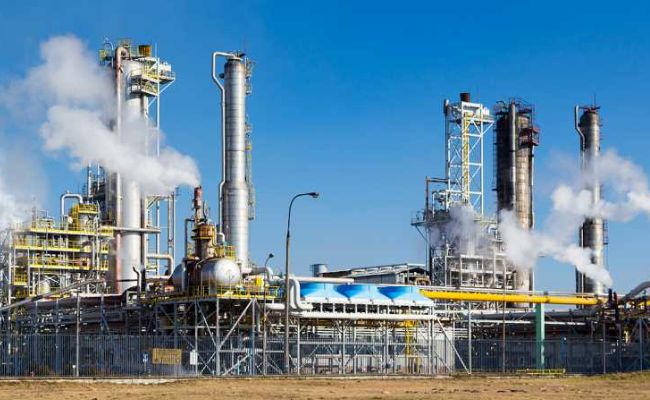
The increasing focus on sustainability, cost-effectiveness, and operational efficiency in the chemical industry is driving adoption of cutting-edge technologies like data analytics and machine learning (ML). These innovations are reshaping how chemical plants manage predictive maintenance and optimize processes, reducing downtime, enhancing safety, and boosting profitability.
At the CIO Connect 2024 conference, held on November 29, 2024, in Mumbai, experts from leading chemical and manufacturing firms shared insights on the transformative potential of these technologies. Organized by Indian Chemical News (ICN) in partnership with AVEVA and Grassdoor, the event themed “Connected Chemical Plant and Industry 4.0” highlighted the challenges, strategies, and future of Industry 4.0.
Key Insights from Industry Leaders
1. Data-Driven Reliability and Productivity
Namrita Mahindro, Chief Digital Officer at Aditya Birla Chemicals, emphasized the critical role of data in achieving equipment reliability and operational excellence.
- Reliability: Platforms like AVEVA enable predictive maintenance by identifying breakdown propensities, even for legacy equipment lacking OEM support.
- Quality: AI solutions trace root causes of quality issues, reducing errors and improving output.
Efficiency: Data models enhance productivity while driving significant cost savings.
2. Overcoming Barriers to OT Integration
Ajay Bageshwar, Head of IT at Godavari Biorefineries, addressed the hurdles in operational technology (OT) integration:
- Leadership Alignment: Synchronization between CIOs and top management is vital to drive Industry 4.0 initiatives.
- Adoption Challenges: Cultural resistance to change must be addressed through transparent communication and demonstration of value.
- Critical Factors: A strong partner ecosystem, effective data flow, and robust cyber-security measures are crucial for success.
3. Predictive Maintenance for Efficiency and Safety
Sachin Khamkar, Senior IT Manager at Clariant, underscored predictive maintenance’s role in creating safer and more efficient workplaces.
- Predictive systems enable timely identification of potential issues, reducing operator workload and operational disruptions.
- Community-driven platforms like AVEVA utilize billions of data points, helping organizations predict and mitigate risks effectively.
4. AI and ML for Real-Time Decisions
Krishnakumar Pandey, Head of IT at Epsilon Carbon, highlighted how AI and ML enable real-time decision-making.
- Challenges: Fragmented data, poor data quality, and lack of contextualization hinder AI-driven efficiency gains.
- Solutions: Enhancing data management and unification are critical to leverage AI/ML’s full potential.
5. Cybersecurity in a Digital World
Ashima Bajaj Seth, Chief Digital and Information Officer at Godrej Agrovet, emphasized the importance of cybersecurity in manufacturing setups.
- Risk assessments help mitigate data breaches, unauthorized access, and production disruptions.
- Organizations must build a culture of security awareness and implement robust frameworks for safeguarding data.
6. Digital Transformation as a Profitability Driver
Rajeev Raval, VP and Head of Digital Productivity at SML, explained how digital transformation impacts productivity.
- Visibility: Unifying data across departments improves operational efficiency.
- Profitability: Automating processes reduces manpower reliance and waste, generating direct and indirect financial benefits.
The Road Ahead: Industry 4.0 and Beyond
The CIO Connect 2024 highlighted how technologies like data analytics, ML, and AI are reshaping the chemical industry. While challenges like data fragmentation, cybersecurity risks, and cultural resistance remain, the benefits of predictive maintenance and process optimization far outweigh the hurdles.
As organizations continue their journey towards Industry 4.0, strategic leadership, robust technology partnerships, and a commitment to data-driven decision-making will pave the way for a more sustainable, efficient, and profitable chemical industry.
Will these technologies redefine how chemical plants operate, or will they require further innovation to unlock their full potential? Only time will reveal their transformative impact.


